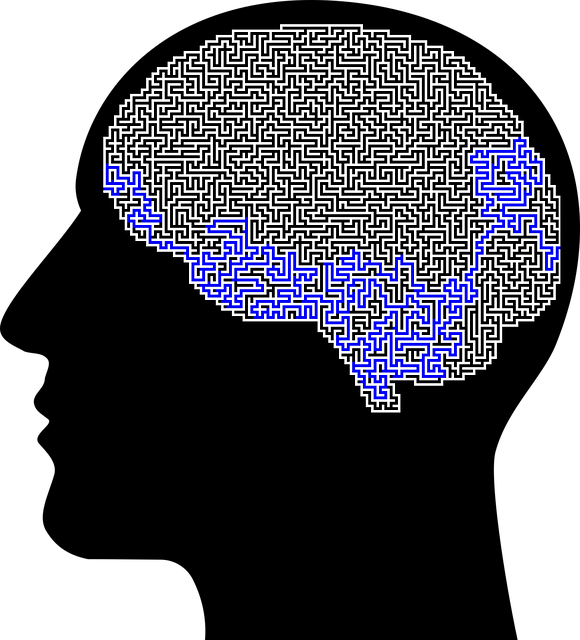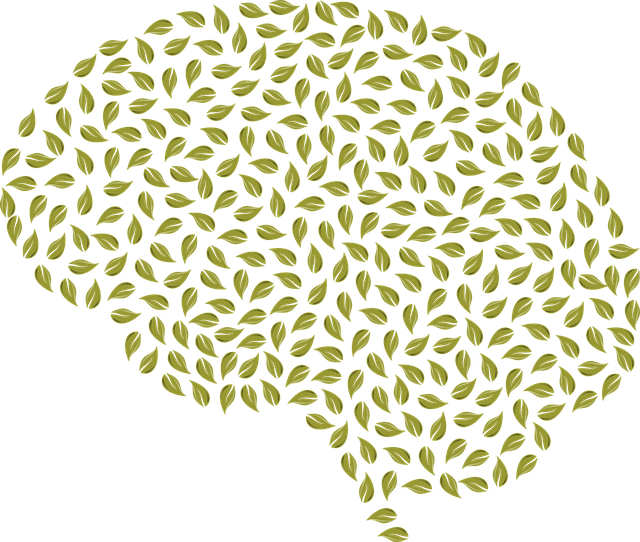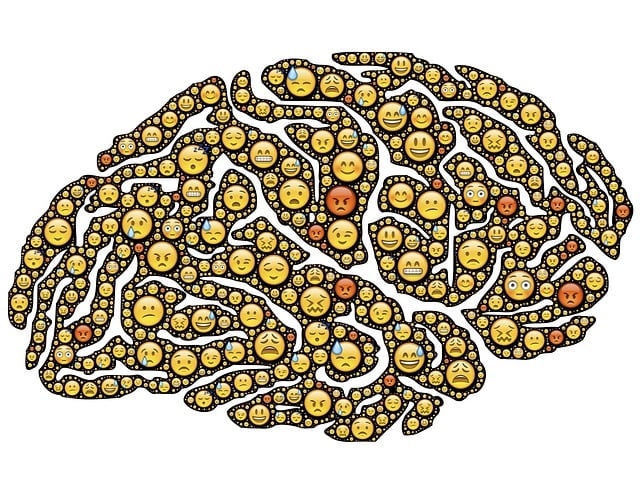Communities with high divorce rates increasingly require targeted therapy for children divorce through community outreach programs focused on emotional well-being and inner strength development. These initiatives, powered by mental health professionals, utilize tailored therapy sessions, cultural competency training, and partnerships with local organizations to address unique needs. By fostering resilience, open communication, and positive coping mechanisms, these programs empower both children and families, ensuring better life transitions and long-term mental health improvements. Success is measured through feedback, iterative refinement, mental health policy advocacy, and cultural competency training for healthcare providers, creating a sustainable and impactful support system for vulnerable populations.
Community outreach programs play a vital role in addressing the unique needs of divorced children. This article delves into the essential components of successful initiatives, from identifying target communities with specific requirements to designing tailored therapy sessions. We explore strategic partnerships with local organizations and emphasize measuring success through feedback mechanisms. By implementing these practices, we can enhance the well-being of affected youth, offering them hope and healing in the aftermath of divorce.
Keywords: Therapy for Children Divorce, Community Outreach Programs
- Understanding the Need for Community Outreach Programs
- Identifying Target Communities and Their Specific Needs
- Designing Effective Therapy Sessions for Divorced Children
- Building Partnerships with Local Organizations
- Measuring Success and Adapting Programs Based on Feedback
Understanding the Need for Community Outreach Programs

In many communities, there’s a growing need for outreach programs that address the unique challenges faced by children and families dealing with divorce. Therapy for Children Divorce isn’t just about legal or financial matters; it’s about fostering emotional well-being and nurturing inner strength development. These programs recognize that the impact of parental separation can profoundly affect a child’s mental health, leading to issues like low self-esteem improvement and even burnout prevention.
By implementing community outreach initiatives, local support networks can step in to fill these gaps. They offer much-needed platforms for children to express their feelings, build resilience, and cultivate healthier coping mechanisms. Such programs not only strengthen the community but also empower individuals to navigate life transitions more effectively, ensuring a brighter future for all involved.
Identifying Target Communities and Their Specific Needs

When implementing community outreach programs, a nuanced approach to identifying target communities and their unique needs is essential. Effective outreach begins with a deep understanding of the demographics and challenges specific to each area. For instance, in communities grappling with high rates of divorce, children often bear the brunt of emotional turmoil. Providing therapy for children from divorced families becomes a critical service, tailored to address their psychological needs.
Cultural competency training for healthcare providers is vital here, ensuring sensitive and effective support. By integrating positive thinking techniques and teaching self-care routines for better mental health, these programs can empower both children and families. Such initiatives not only cater to immediate needs but also foster resilience, aiming to create lasting positive changes within vulnerable communities.
Designing Effective Therapy Sessions for Divorced Children

Designing effective therapy sessions for divorced children requires a nuanced approach that considers their unique emotional and psychological needs. These sessions should focus on creating a safe and supportive environment where kids feel heard, understood, and validated. Mental health professionals play a crucial role in helping children process their feelings about the divorce, manage any anxiety relief, and develop healthy conflict resolution techniques.
Through interactive activities and age-appropriate discussions, therapists can guide divorced children through the process of making sense of their new family structure. This involves addressing specific concerns related to separation, fostering open communication, and teaching coping mechanisms tailored to their individual experiences. A thorough risk assessment is essential for mental health professionals to anticipate potential challenges and tailor interventions accordingly, ensuring the well-being and resilience of these vulnerable children.
Building Partnerships with Local Organizations

Building strong partnerships with local organizations is a key strategy for successful community outreach programs, especially when targeting vulnerable populations such as children affected by divorce and its subsequent emotional challenges. Collaborating with schools, community centers, and therapy clinics allows for a holistic approach to addressing mental health issues in young individuals. By aligning efforts with established support systems, these partnerships can enhance the reach and effectiveness of outreach initiatives.
Local organizations often possess deep insights into the unique needs of their communities, enabling them to facilitate access to much-needed services. For instance, therapy clinics specializing in child psychology can offer expert guidance on implementing programs that promote emotional healing processes, mood management techniques, and the application of mind over matter principles. Such collaborations ensure that community outreach efforts are not only well-received but also culturally sensitive and tailored to address specific challenges faced by children navigating divorce.
Measuring Success and Adapting Programs Based on Feedback

Measuring the success of community outreach programs is vital to ensure they are achieving their intended goals, especially when addressing sensitive issues like therapy for children affected by divorce. Feedback from participants and stakeholders plays a crucial role in this evaluation process. By gathering insights and experiences, organizers can adapt and refine their programs to better cater to the needs of the target community. This iterative approach is essential in the realm of Community Outreach Program Implementation, as it allows for continuous improvement and ensures that efforts remain relevant and effective.
In light of these considerations, integrating Mental Health Policy Analysis and Advocacy into program design can enhance overall success. Healthcare Provider Cultural Competency Training is another strategy to foster sensitivity and effectiveness when addressing diverse community needs, especially in areas like therapy for children divorce, where cultural nuances must be respected and understood. Such adaptive measures demonstrate a commitment to creating sustainable and impactful outreach initiatives.
Implementing community outreach programs focused on providing therapy for children of divorced parents is a powerful approach to addressing a growing need. By understanding the unique challenges these children face, identifying specific communities and their needs, designing tailored therapy sessions, and building strategic partnerships, organizations can create impactful interventions. Measuring success through feedback and adaptability ensures these programs remain relevant and effective in helping young lives navigate the complexities of divorce. This holistic approach fosters resilience and empowers children to thrive despite life’s challenges.








